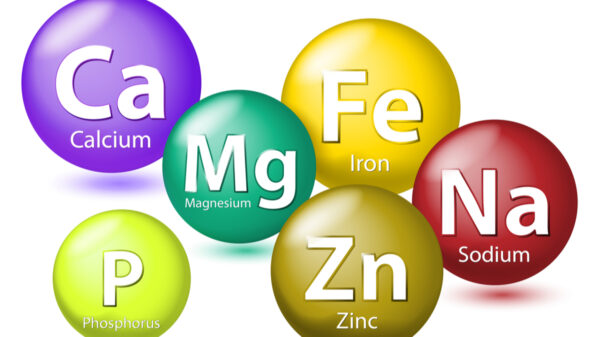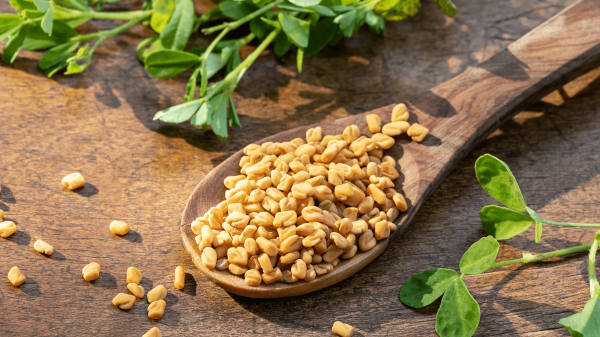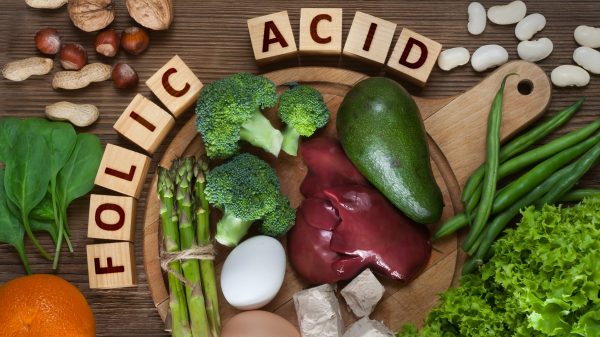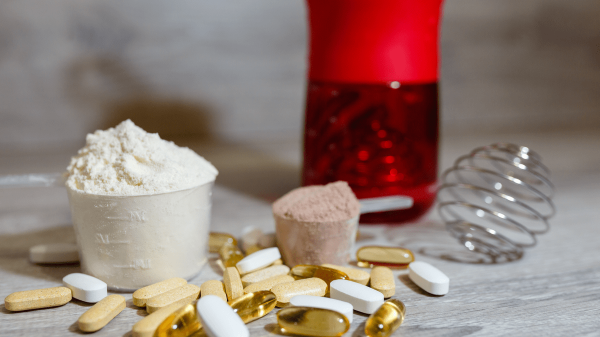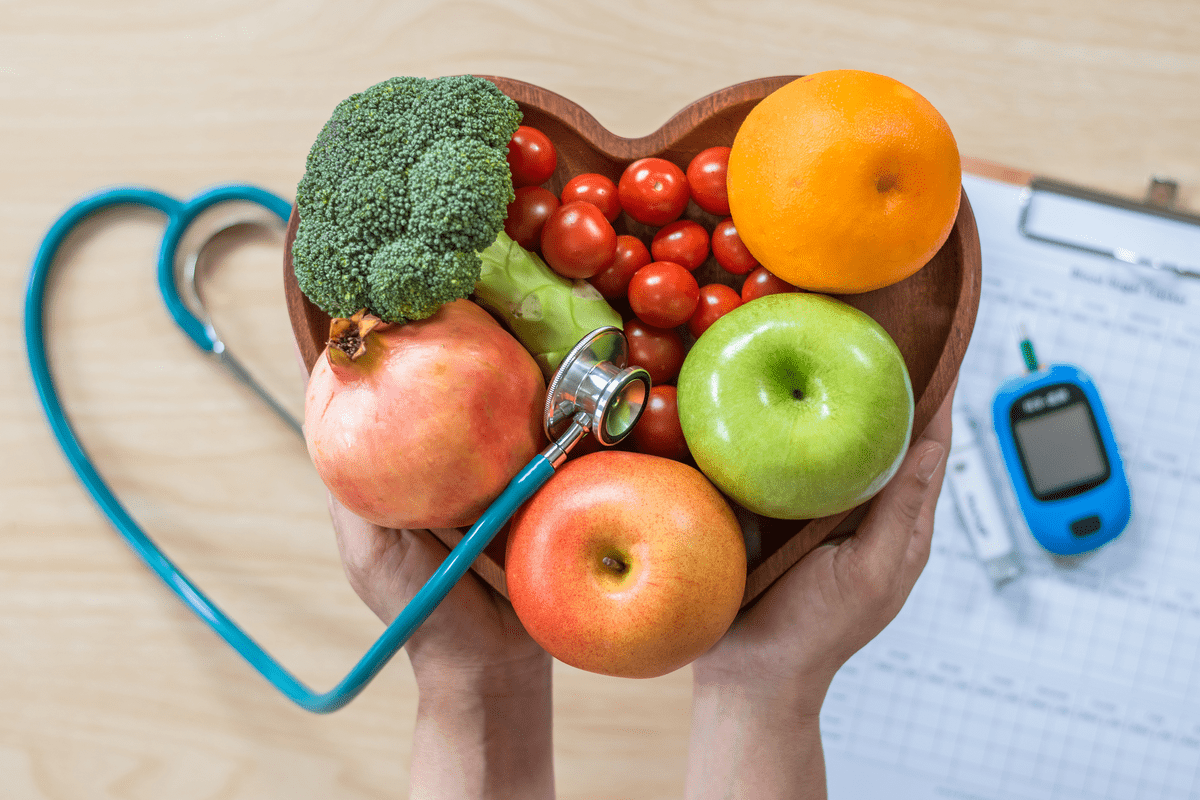Nutrition is quite important for athletes as an energy source. Diet plays a major role in training, strength, performance, and recovery.
Apart from kinds of food, the numbers of meals are quite important in determining the levels of performance and ability to recover for athletes.
Consuming foods in pre-workout and post-workout routines is quite important in sports nutrition. It is difficult to keep a check on the types of foods that go inside the body.
It is suggested for the athletes to take a meal (high carbs, low fat) at least 2 hours before doing the workout. Carbohydrates are required as an energy source during exercise.
Proteins help in muscle growth and repair. After a workout, having protein-based meals is important for muscle recovery.
The quantities of carbohydrates and proteins depend on the type of workout and its intensity. For this, it is recommended to seek a dietician’s advice to get your personalized sports nutrition regime.
A healthy diet offers many health benefits.
Here are three goals that should be targeted by a nutrition plan, especially for sports performance:
1. Provide energy
This is quite obvious that athletes need to fulfill their calorie requirements, but it is more important than how they are consuming those calories.
The concentrations of micronutrients, macronutrients, meal timings, frequency, hydration, and supplementation are all the major factors that need to be considered before starting a meal plan.
2. Muscle recovery
After a tough training session, energy reserves in the form of glycogen in the muscles get diminished, followed by a breakdown of necessary proteins.
Taking a meal during or after the session helps in restoring the glycogen reserves, which further inhibit protein breakdown and speed up the recovery process.
3. Optimal body weight
Athletes need to maintain healthy body weight for high-level performance. A diet plan must be formulated in a way that supports weight control and is long-term.
Key nutrients of Sports nutrition
Carbohydrates
Carbohydrates are one of the most important macronutrients to work as an energy source, especially for athletes.
An athlete should have a diet that contains 55-70% of carbs. The reason for the importance of carbs is that they are a major source of glucose.
Glucose is further converted into glycogen and gets stored in the muscle tissues in the body. After then, stored glycogen is used as a major energy source by the athletes during intense workouts.
Proteins
Protein is another important nutrient during training as it aids in muscle recovery and repair after a tough workout.
It is suggested for the strength athletes to take 1.5-2g of protein per kg of body weight every day.
It is easy to achieve this target as many different and varied high-carbs meals contain high amounts of proteins as well.
Fats
Proteins and carbohydrates are typically considered the most vital macronutrients for athletes. Putting aside all the myths associated with fats, they do play a major role in the life of an athlete.
Fats can serve many purposes like in joint structures, cell membranes, and the production of hormones. Additionally, there are many vitamins that are fat-soluble; hence, they need fat for their absorption into the body.
It is suggested to take 10% fat out of total calorie intake. It is important to consider which type of fat you are consuming.
Most healthy fats include polyunsaturated and monounsaturated fats. Saturated fats are also quite healthy, but it is suggested to take them in moderation.
Trans fats that are artificially created should be avoided as they may contain harmful cholesterols. They can also decrease the amounts of good cholesterols and can increase the risk of heart diseases.

